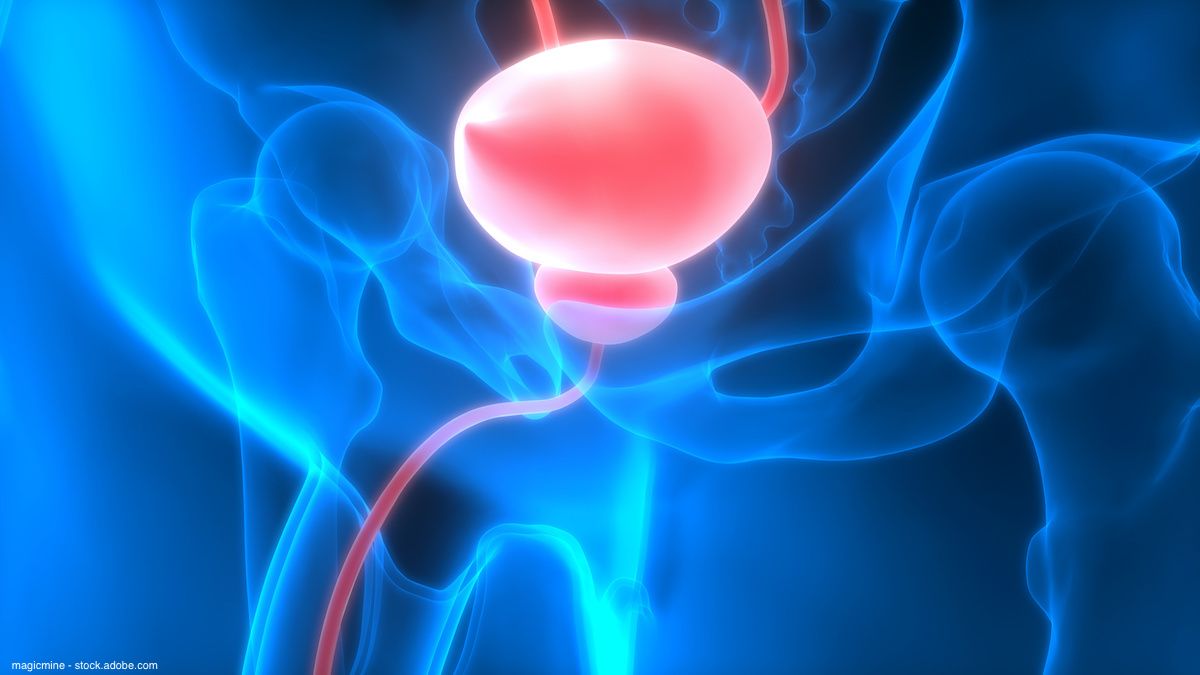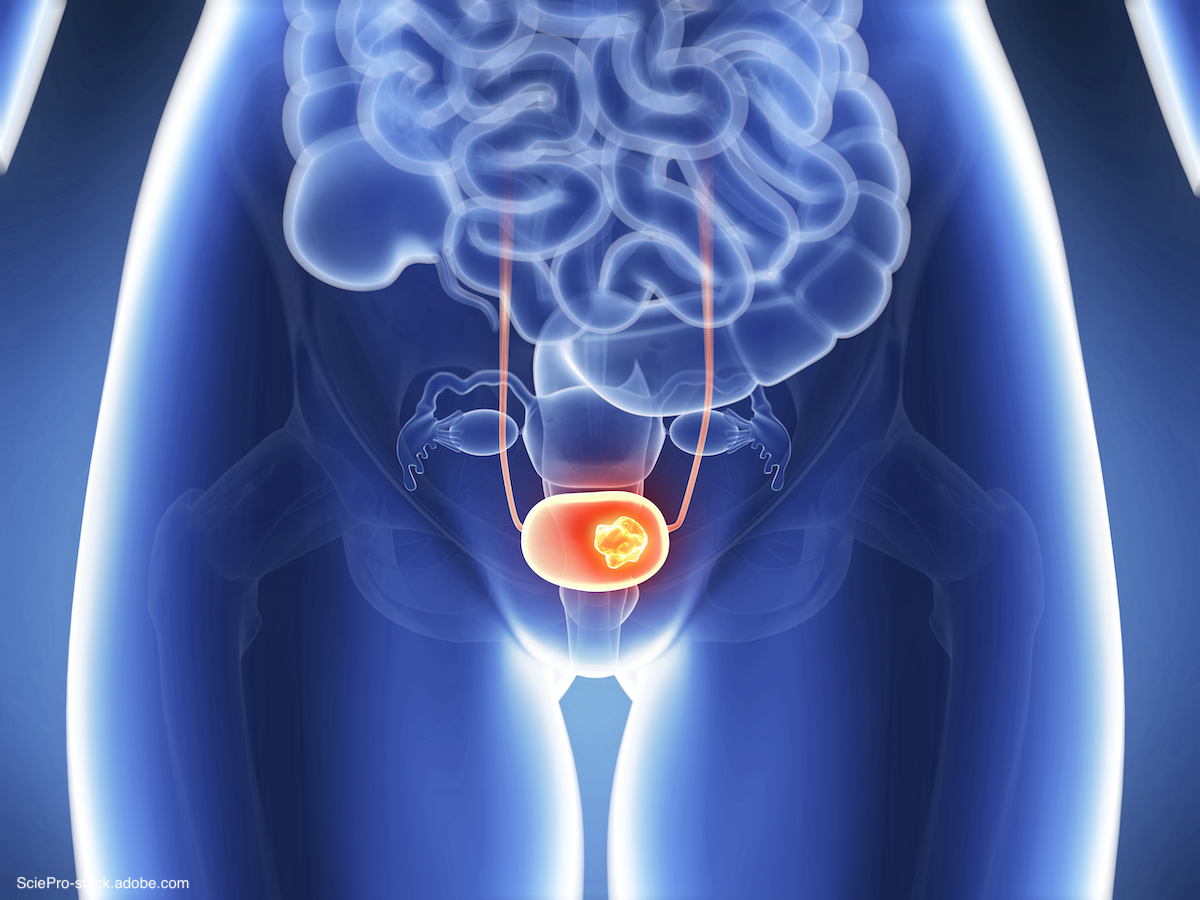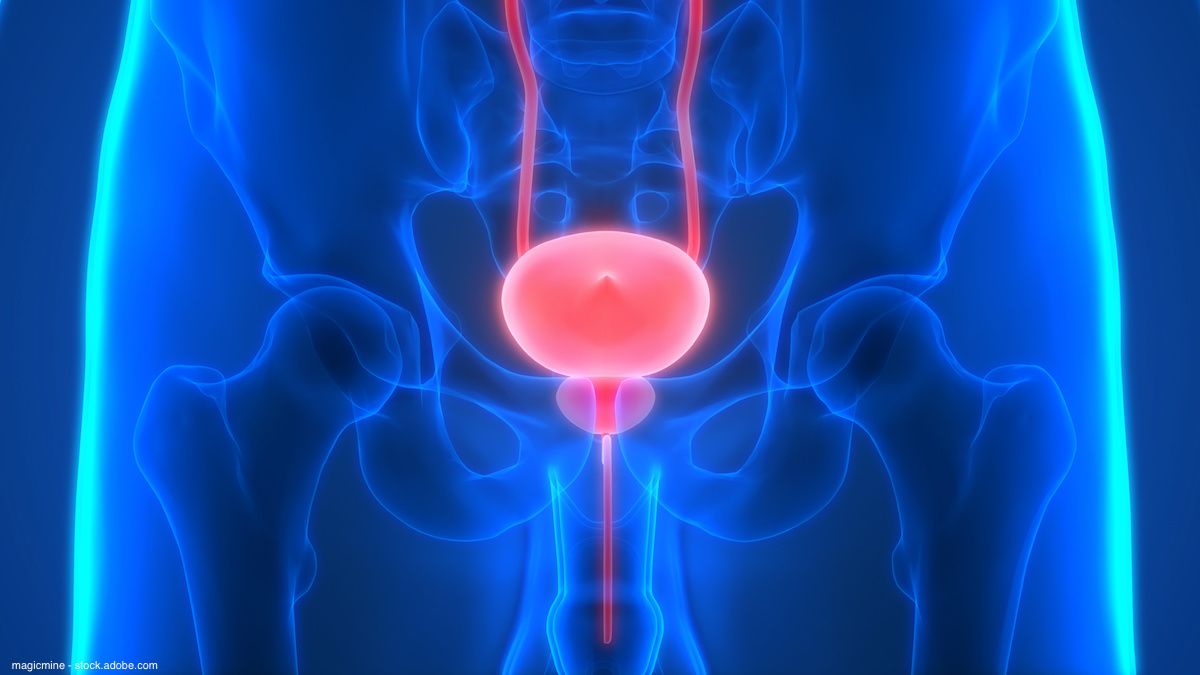
Bladder Cancer
Latest News
Latest Videos

CME Content
More News

First-ever offering will help bladder cancer patients, caregivers and survivors cope with the disease.

Applicants may be working in basic, translational, clinical, epidemiologic, bioengineering sciences or any other field, but projects must be specific to bladder cancer and/or upper tract urothelial carcinoma.

Combining the approved antibody-drug conjugates with other agents in this space may provide some synergy and allow even more efficacy and disease control, explains Alicia Morgans, MD.

BCAN’s Young Investigator Awards support outstanding early-career scientists and clinical cancer researchers with a demonstrated commitment to improving the understanding and treatment of bladder cancer and/or upper tract urothelial cancer.

"Patients with intermediate-risk NMIBC remain an incredibly heterogeneous group," says Wei Shen Tan, MD, PhD.

“I think really identifying who's going to benefit from what combination for how long is going to be important,” says Stephanie Berg, DO.

"Our new study is the first post-market analysis to see how doctors are using this drug in routine practice and what their patient outcomes are,” said Soloman Woldu, MD.

Several treatments are being explored across these trials, including pembrolizumab, nivolumab, enfortumab vedotin, durvalumab, avelumab, and cabozantinib.

Adding trilaciclib to platinum-based chemotherapy and maintenance avelumab yielded responses in patients with untreated, locally advanced or metastatic urothelial carcinoma.
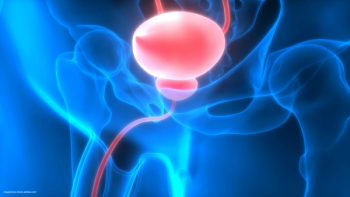
Novel targeted therapy BT8009 granted FDA Fast Track Designation for urothelial cancer.

“Clinicians should do whatever they're able to try to limit or reduce the need for an intraoperative transfusion,” says Timothy D. Lyon, MD, FACS.

The acceptance allows investigators to proceed with the phase 1/2a study of the intraoperative immunotherapy SURGERx with resiquimod (STM-416).
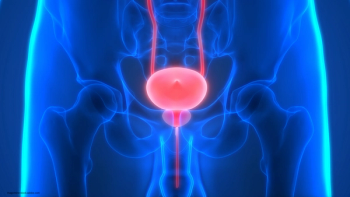
“Each unit of blood that you got during surgery was associated with about 7% higher odds of a VTE within 90 days,” says Timothy D. Lyon, MD, FACS.

"I think NAI plus BCG will be a game-changer in the community, probably more than it would be in academic medical settings," says Karim Chamie, MD.
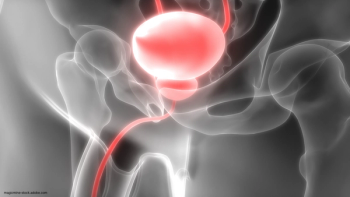
As the year comes to a close, we revisit some of this year’s top content on bladder cancer.

"The previous group who had looked at this saw a 15% adherence to the AUA guidelines up to 2013. We're doing better, but not much better," says Megan Prunty, MD.

Dr Chamie shares advice for community urologists treating patients with MIBC.

Karim Chamie, MD, explains how he might approach immunotherapy in patients with MIBC if it were available for use in both the neoadjuvant and adjuvant settings in the future.

Dr Chamie comments on the significant unmet needs and clinical challenges in the management of MIBC.

Karim Chamie, MD, presents the case of a 77-year-old patient with T2N0M0 MIBC and the potential treatment regimen he would suggest.

Dr Chamie describes how he coordinates with medical oncologists after a referral for MIBC, and his strategies for following up with patients.

Karim Chamie, MD, reviews the currently available adjuvant therapy options for patients with stage II or III MIBC who received a cystectomy, and whether he would have treated the patient in the presented case or referred her to a medical oncologist.

Dr Chamie explains how cisplatin eligibility is defined in patients with MIBC and how many patients in his practice receive neoadjuvant cisplatin therapy.

Karim Chamie, MD, presents the case of a 60-year-old patient with stage 3A muscle-invasive bladder cancer (MIBC) and explains her risk of disease recurrence and whether the case is similar to the patients he typically sees in his clinical practice.

“The combination of NAI plus BCG was safe, it was effective, and it serves as a feasible and viable alternative to other agents in this disease space,” says Karim Chamie, MD.


